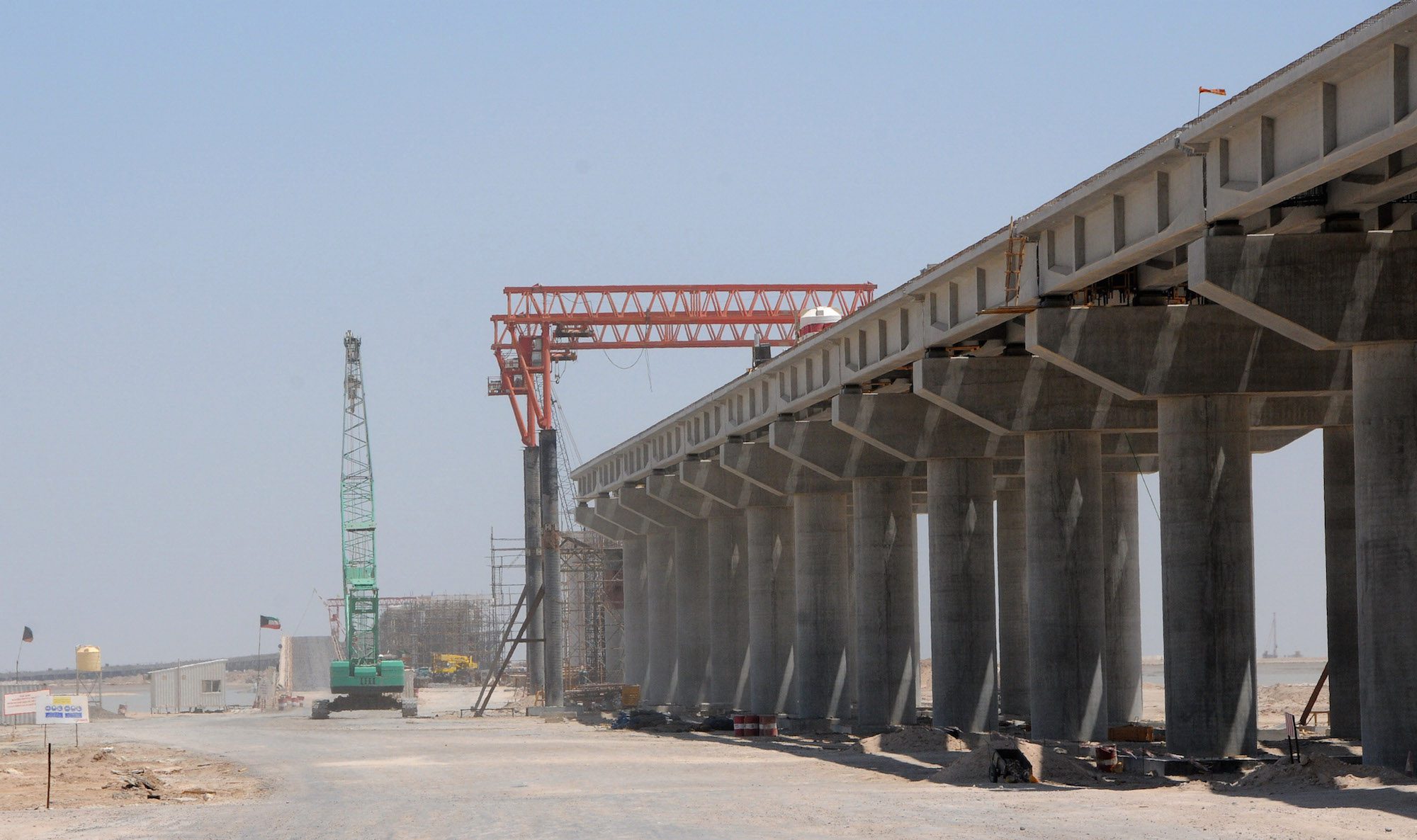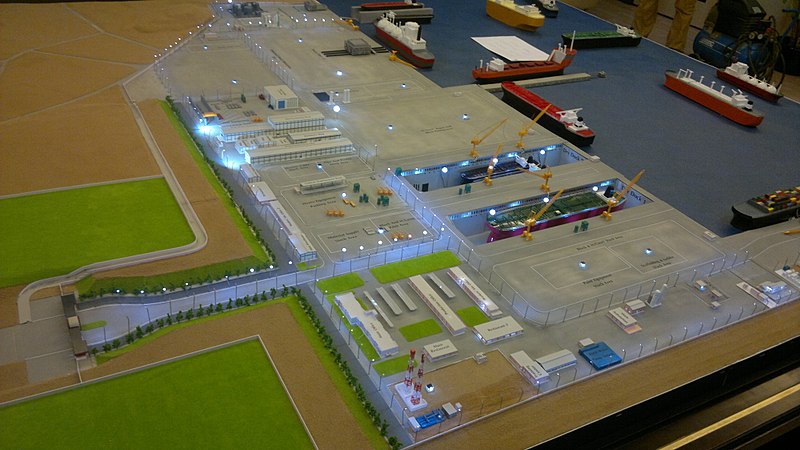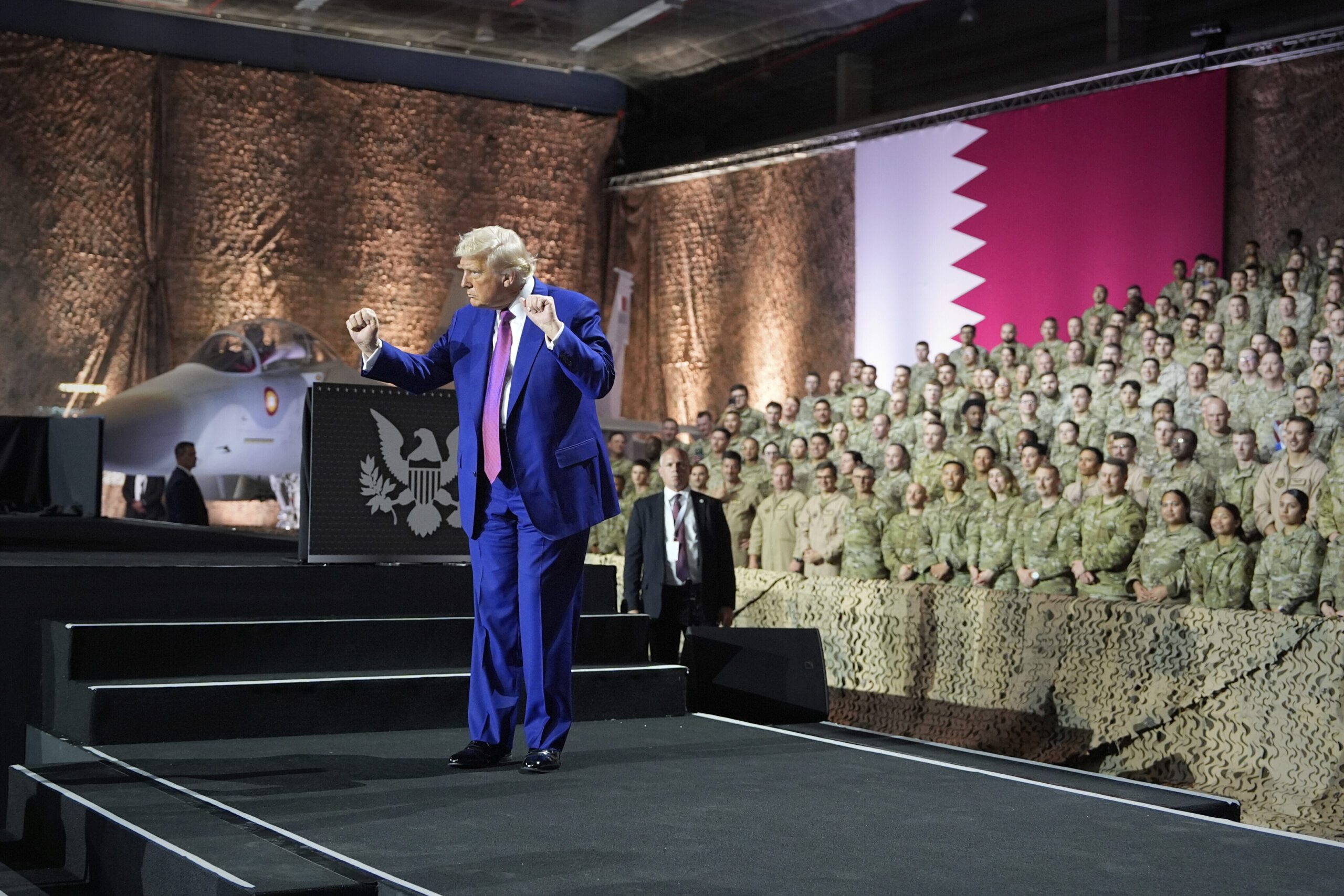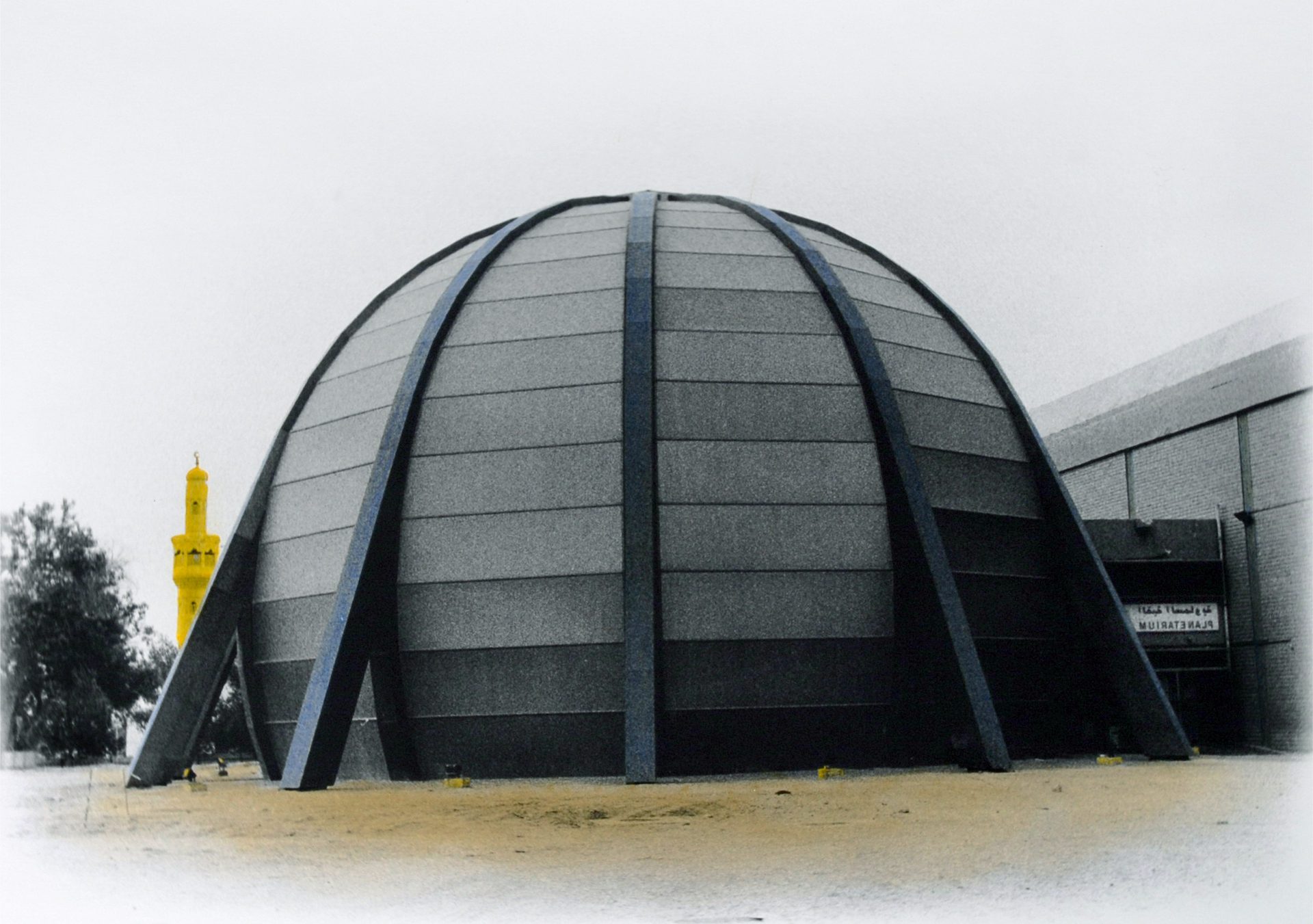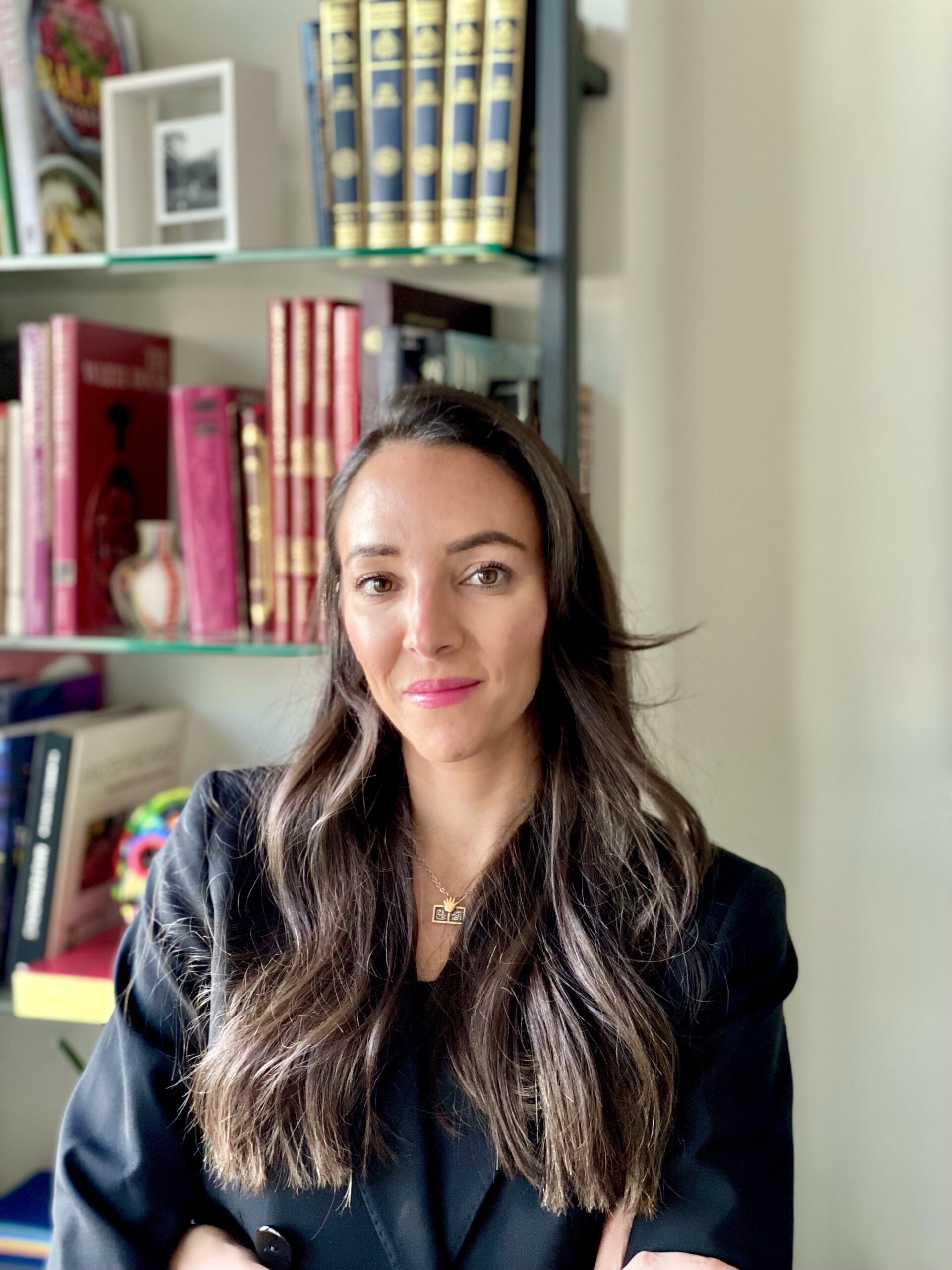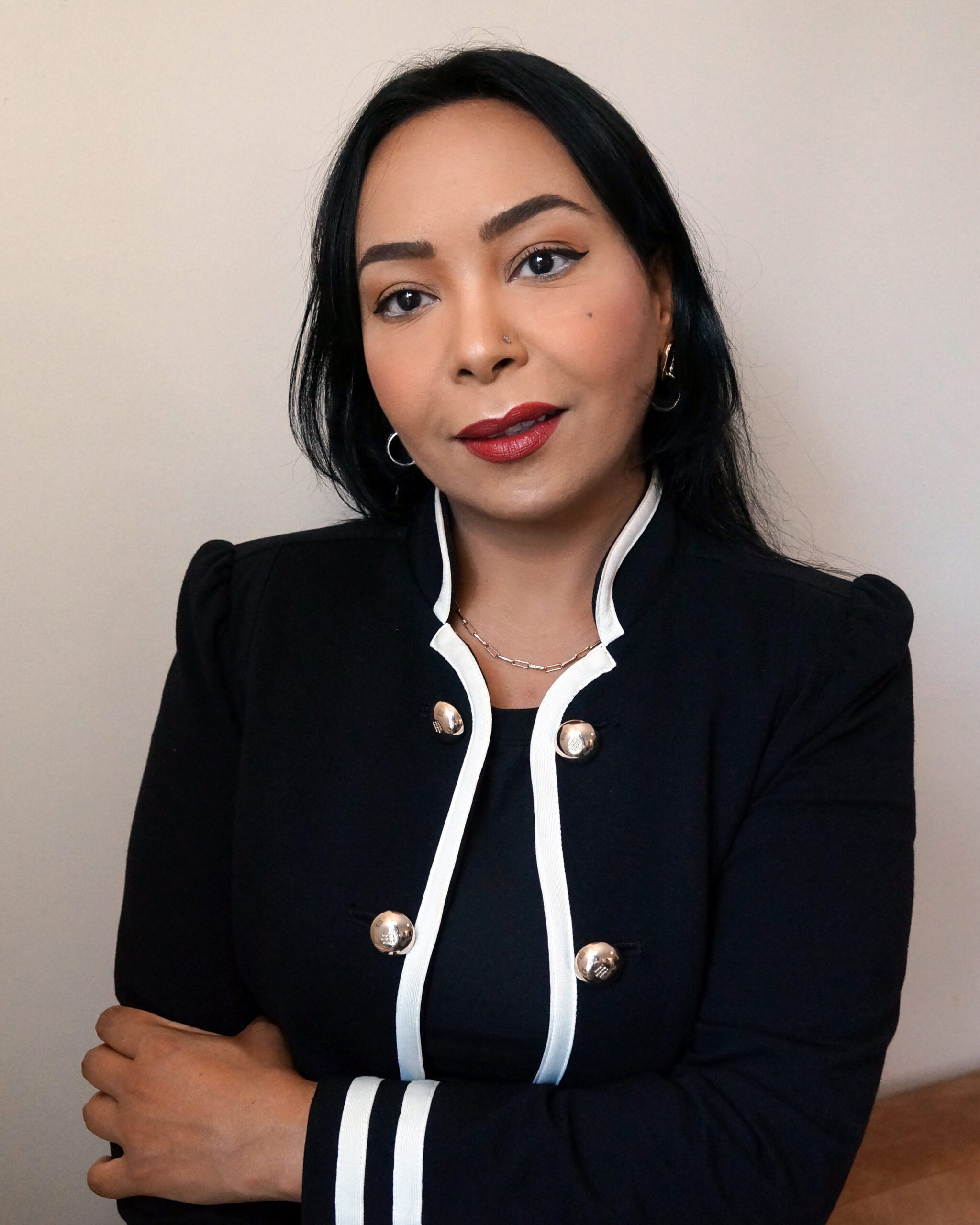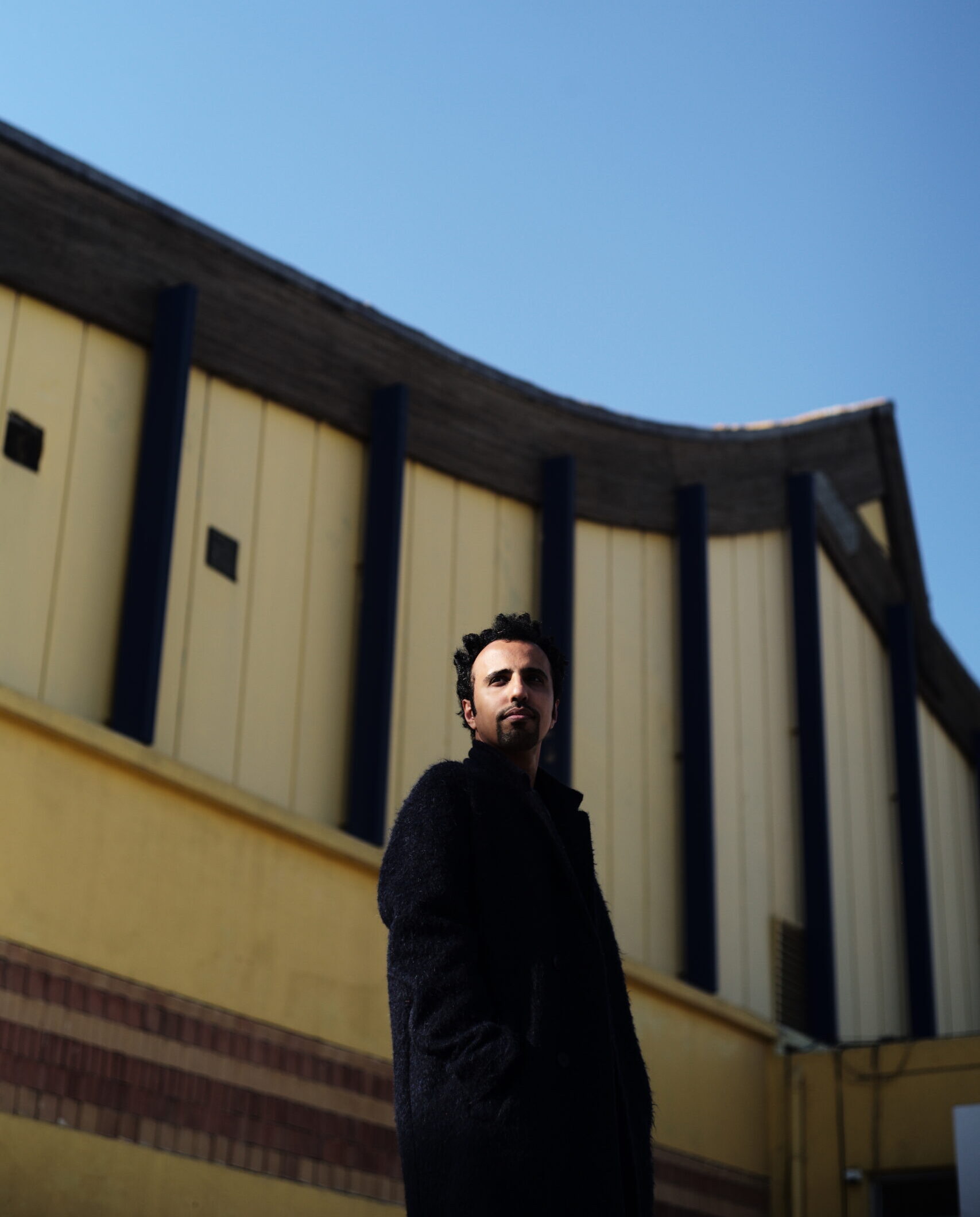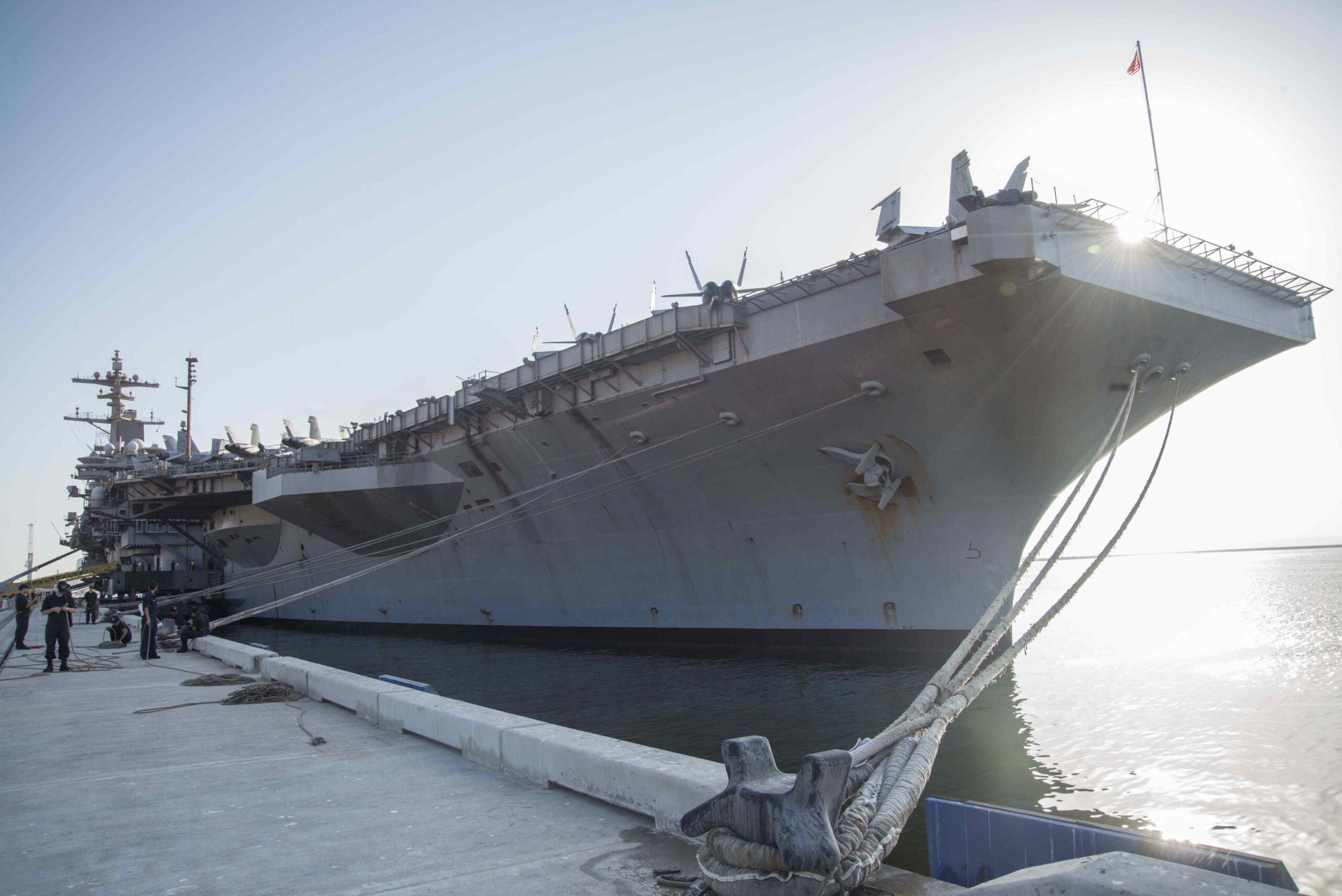
The United States and Oman recently announced an agreement to allow the U.S. Navy regular access to Duqm port on the southern coast of Oman. The Strategic Framework Agreement also grants the United States access to Salalah port in Oman’s southwest. The deal comes at time of increased regional competition between Washington and Tehran and helps afford the United States additional strategic basing options near the all-important Strait of Hormuz and conflict areas like Yemen. However, just weeks after the U.S.-Omani agreement, Oman signed a memorandum of understanding with Iran to increase military cooperation. These moves demonstrate how Oman is situating itself for a strengthened position in the Gulf while maintaining its regional independence.
The Ports
Access to Duqm is not limited to the United States as Oman aims to develop the port and surrounding area into a major industrial center on the Indian Ocean. The United Kingdom was a primary partner in the opening of the dockyard and other major economic powers have joined since. South Korea’s Daewoo Shipbuilding and Marine Engineering dry dock opened in 2012. China plans to invest up to $10.7 billion to create the China-Oman Industrial Park with manufacturing facilities, pipelines, oil fields, and a hospital. Iranian automakers plan to invest $200 million in Duqm for a joint car-manufacturing facility. Saudi Arabia has invested $210 million in Duqm, and in early 2018 Oman agreed to allow the Indian navy to use Duqm to support operations in the western Indian Ocean.
Duqm’s significance for civilian and military shipping comes from its ability to employ both “lift-on/lift-off” and “roll-on/roll-off” capabilities. Military roll-on/roll-off ships, operated by the U.S. Navy’s Military Sealift Command, are necessary tools for moving large-scale supplies and equipment to and from theaters of operation.
Muscat’s intentions for Salalah include an expanded road and rail system, a liquid natural gas facility, and 50 percent growth in container capacity.
Oman hopes the locations of the Duqm and Salalah ports will encourage Gulf states to ship oil to the Omani coast via pipeline, thereby reducing shipping costs through the Strait of Hormuz and enticing business away from Gulf ports further north. The ports’ accessibility also encourages outside energy consumers to trade on the south tip of the Arabian Peninsula instead of risking the contentious waters of the Gulf, avoiding any potential loss during a conflict.
Oman also partnered with China on an ambitious external project: a $10 billion port project in Bagamoyo, Tanzania. The project calls for 10 miles of piers and docks in similar fashion to current port projects in Shenzhen, China. Instead of continuing to rely on diminishing oil exports, Oman hopes to secure a stronger financial position through expanded maritime trade with Africa and closer ties to Chinese development projects.
U.S. Positioning
Oman was the first Gulf state to officially partner with the U.S. military in 1980 and has stored U.S. war reserve materials for U.S. Central Command operations since 2000. Naval base access in Oman fits two critical U.S. needs: additional access to the Gulf and deep-water harbor capacity for its aircraft carriers.
The United States bases its forces throughout the Gulf. The 5th Fleet, responsible for the Middle East and surrounding seas, has called Bahrain home since 1995. Its aircraft carriers, mine-clearing ships, and other vessels play important roles in operations throughout the theater. Though not a permanent home-port location, the U.S. Navy visits Jebel Ali in the United Arab Emirates more than any other port around the world.
U.S. power projection abroad relies on the access and security of Washington’s most precious naval assets: nuclear submarines and aircraft carriers. Duqm can support both while providing robust repair and maintenance capabilities. Over the last five years, the Navy made multiple visits to prove Duqm’s viability as a military port and maintenance depot. The USS George H. W. Bush visited in 2014; the USS Makin Island and Iwo Jima both conducted port calls and maintenance in 2015; and the USS Somerset, a smaller amphibious ship, conducted mid-deployment maintenance in 2017.
Oman already hosts approximately 80 U.S. port calls each year. These are likely to increase with the Duqm deal, placing Oman into competition with the UAE, Bahrain, and Dubai for lucrative Pentagon contracts.
The U.S. agreement follows years of close cooperation and arrangements between the United Kingdom and Oman. Approximately 500 British troops already support maritime operations out of Bahrain for exercises and counterpiracy operations. Britain and Oman signed an agreement in April 2016 for the construction of a $110 million naval base near Duqm to support a permanent British force, the first of its kind in Oman since 1971. In the last year, Britain proved the port’s logistics capabilities with large-scale exercises and signed a 37-year lease to operate from the Joint Logistics Support Base.
Muscat’s Wager
Oman’s interests in the U.S. deal rest on regional political and economic independence. Oman hopes to demonstrate its value as a U.S. partner to buttress its neutrality from Middle East feuds.
Oman’s leaders likely seek U.S. support for the transition from the rule of the ailing Sultan Qaboos bin Said to an as-yet unknown successor. The small country’s strength is in deal making between parties in the Gulf. Deeper ties to U.S. military interests can build favor with the White House and serve as a potential buffer to external meddling in succession issues from neighboring countries.
The ongoing feud between Qatar on the one hand and Saudi Arabia, the UAE, Bahrain, and Egypt on the other convinced Oman it needed additional counterweights to the Arab military powers. The traditionally neutral Oman has capitalized on Qatar’s isolation by increasing economic ties with Doha at the expense of relations with Riyadh and Abu Dhabi. Kuwait, another neutral Gulf state, is investing in Duqm as Qatari logistics firms pour business into Oman’s Sohar port. In fact, the growing divide has formed a unique trio of partners in Qatar, Kuwait, and Oman trying to sustain their regional independence by appealing to larger external countries.
Oman’s outreach efforts also stretch east toward Iran. In April, Muscat and Tehran signed a memorandum of understanding aimed at strengthening military cooperation between the two countries. The memorandum, along with combined naval exercises in April and over $700 million in trade, indicates the sultanate’s continued desire to maintain good relations with Iran even though it irritates its Arab neighbors (and likely Washington). Increased military cooperation with Iran almost certainly places caps on both the types and levels of support Oman can expect from the United States and the U.S. Navy.
Oman hopes to attract money away from its neighbors’ ports, including the UAE’s Jebel Ali, the Gulf’s biggest deep-water port, by offering equal access to the Middle East without the complications of the Strait of Hormuz. The U.S. Navy has money to spend in the region. For example, it invested over $580 million in Bahrain’s port facilities between 2010 and 2017. Though Department of Defense investments in Oman’s ports are unlikely, maintenance, fueling, docking, and port visits will ensure the flow of Navy dollars into Oman. Deals with China, India, and other global trading powers help to prop up Oman’s economy (which lacks the oil wealth of its regional rivals) and hedge bets against becoming too reliant on U.S. or British goodwill.
Crowded Waters
Oman’s port deal with the United States could help the sultanate in its efforts to retain its neutral position as a dealmaker. The Saudi-led blockade of Qatar is concerning for Oman at a time when its political future is unclear and its economy requires an overhaul. If Muscat can encourage additional U.S. naval visits and increase its importance for the Pentagon’s Gulf operations, it may gain a larger audience in Washington to hear its views. Additionally, substantial foreign investment from countries like China and India can transform Oman’s ports into world-class logistics hubs along Indo-Pacific maritime trading routes. This business, combined with more U.S. port calls, means Oman’s waters – and foreign policy – are likely to become much more crowded.
These remarks do not reflect the views of the U.S. Marine Corps, Department of Defense, or U.S. government.
The views represented herein are the author's or speaker's own and do not necessarily reflect the views of AGSI, its staff, or its board of directors.


